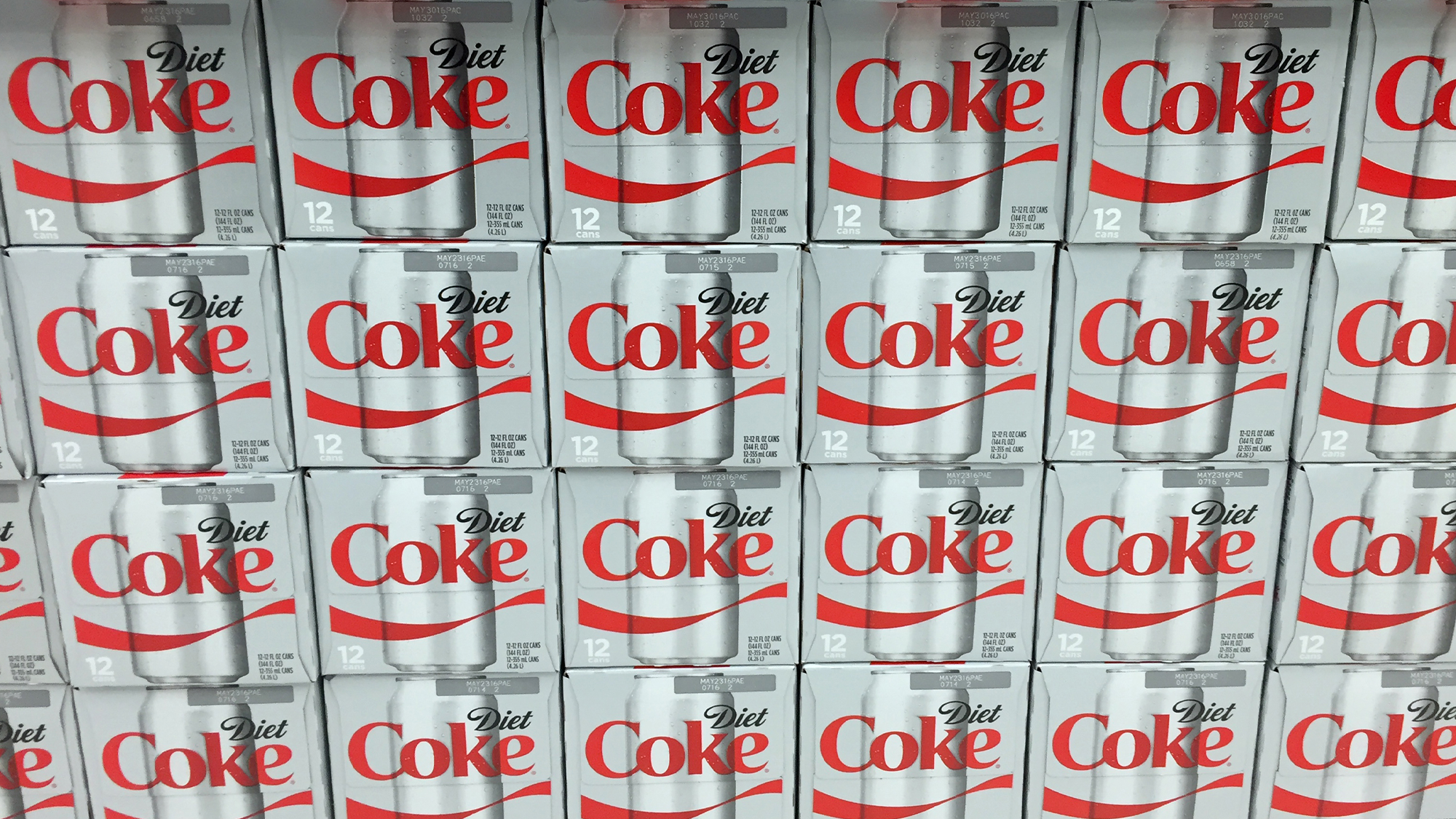

On July 13, the World Health Organization’s (WHO) International Agency for Research on Cancer (IARC) announced that it is categorizing aspartame as a possible carcinogen. The sugar substitute is found in diet sodas, gums, and other foods and drinks labeled sugar-free.
However, the organization stressed that the new classification of the substance is based on a review of “limited evidence,” and doesn’t change the recommended limits on the daily consumption of aspartame.
[Related: Sugar substitutes won’t help you lose weight.]
The artificial sweetener is also sold under the brand names Nutrasweet, Sugar Twin, and Equal. It is about 200 times sweeter than sugar and was approved for use by the United States Food and Drug Administration (FDA) in 1974.
“Our results do not indicate that occasional consumption should pose a risk to most consumers,” director of the Department of Nutrition and Food Safety at the WHO Francesco Branca, said during a press conference, according to NPR.
Branca added that the problems arise in “high consumers” of diet sodas and other foods that have the artificial sweetener. The WHO also called for more research on the health impacts of the popular substance.
The WHO’s daily acceptable intake (ADI) of aspartame has long been set at a maximum of 40 milligrams per kilogram of bodyweight per day. If a person weighs 70 kilograms (about 154 pounds), they could consume up to 2,800 milligrams per day—or roughly equivalent to nine to 14 cans of diet soda.
The FDA has an even higher ADI of 50 milligrams per kilogram a day, or 50 milligrams per 2.2 pounds of body weight.
However, the WHO’s separate food safety group, the Joint FAO/WHO Expert Committee on Food Additives, said that the evidence was not convincing enough to call for a new categorization, arguing aspartame can still be consumed safely.
IARC focuses on identifying possible cancer-causing agents, while the food additives committee assesses if ingredients or substances are risky for consumers. Both groups undertook this review in 2019, after an advisory panel marked aspartame as a “high priority” for review.
At the same time, the FDA did not agree that aspartame should be listed as a possible cause of cancer.
[Related: High-fructose corn syrup vs. sugar: Which is actually worse?]
“Aspartame is one of the most studied food additives in the human food supply. FDA scientists do not have safety concerns when aspartame is used under the approved conditions,” the FDA said in a statement, according to NBC.
Aspartame now joins a list of over 300 WHO-listed possible carcinogens, including carpentry work and aloe vera extract.
“We’re not advising consumers to stop consuming [aspartame] altogether,” Branca added, according to the Associated Press. “We’re just advising a bit of moderation.”
The nonprofit advocacy organization Environmental Working Group has created a Food Scores database that can help consumers find out what foods have aspartame. It rates the safety and nutrition of grocery items and contains nearly 1,000 foods and beverages and is a tool in assessing various products.
The American Beverage Association praised the WHO’s guidance as a confirmation of aspartame’s safety. “With more than 40 years of science and this definitive conclusion from the WHO, consumers can move forward with confidence that aspartame is a safe choice, especially for people looking to reduce sugar and calories in their diets,” it said in a statement yesterday. The American Beverage Association is a lobbying group for companies such as Coca-Cola, Pepsi, and Keurig Dr. Pepper.
